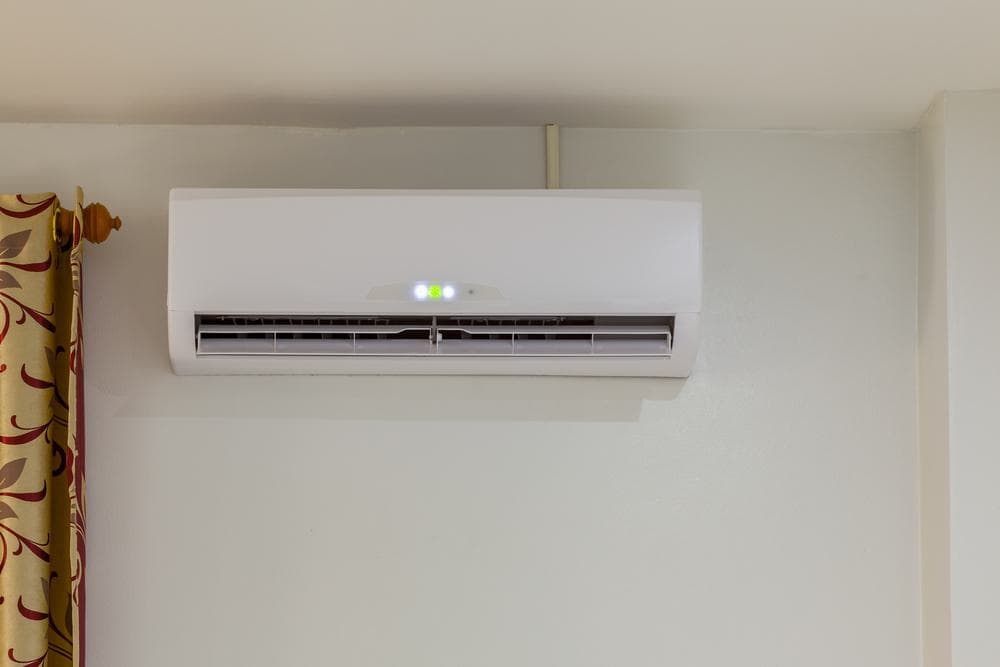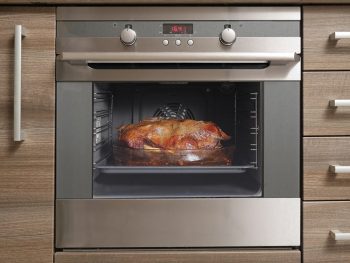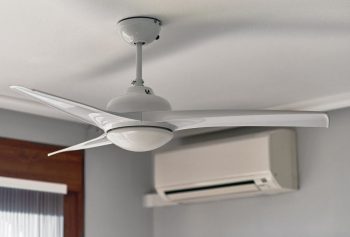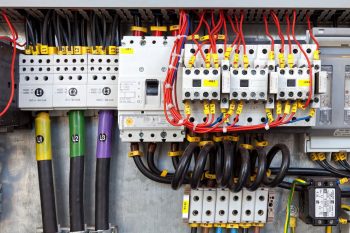
In this comprehensive guide, we will explore when to cover your AC unit, why it’s important, the risks of not covering it, the best type of covers, and the potential impact on its efficiency and lifespan.
Covering your AC unit is generally recommended during the fall months to protect it from debris such as leaves, seeds, and twigs. However, modern AC units are designed to withstand extreme weather conditions, so it’s usually not necessary to cover the unit during winter or summer. If you decide to cover your AC unit, it’s crucial to use a breathable material that allows for air circulation and avoid using plastic, which can trap moisture and contribute to mold growth.
When Should You Cover Your AC Unit?
Covering your AC unit is generally recommended during the fall months when debris such as leaves, seeds, and twigs are more likely to accumulate around the unit. These particles can create pockets where moisture can collect, potentially leading to corrosion and blockages in the unit’s built-in moisture drainage system.
However, it’s important to note that modern AC units are designed to withstand extreme weather conditions, including snow, rain, and heat. They are made with durable materials and have built-in drainage systems to handle precipitation. Therefore, it’s usually not necessary to cover the unit during winter or summer.
Why Cover Your AC Unit?
The main purpose of covering an AC unit is to protect it from debris. However, it’s crucial to remember that covering the entire unit can trap moisture, leading to mold and mildew growth, and provide a cozy shelter for pests that might damage the unit.
Most manufacturers do not recommend covering your air conditioner. If you decide to cover your AC unit, make sure to use a breathable material that allows for air circulation and avoid using plastic, which can trap moisture and contribute to mold growth.
Risks of Not Covering Your AC Unit
Neglecting to cover your AC unit when necessary can lead to several problems, including:
- Mold and mildew growth: Excess moisture may accumulate in the unit, leading to the growth of mold and mildew, which can damage the unit and negatively impact indoor air quality.
- Pest infiltration: Pests may find their way into the unit, causing damage to the internal components and potentially affecting the unit’s performance.
- Rust and corrosion: When moisture gets trapped inside the unit, it can cause rusting and corrosion of the metal components, reducing the unit’s lifespan.
- Frozen parts: Excess moisture in the unit may freeze during cold weather, causing damage to the internal components.
- Debris accumulation: Leaves, seeds, twigs, and other debris can accumulate inside the unit, creating pockets where moisture can collect and potentially cause damage.
Best Covers for Your AC Unit
If you decide to cover your AC unit, there are several options available:
- SugarHouse Ultimate Sunbrella Canvas cover
- Joiish Air Conditioner Cover with Waterproof Top
- CASTLECREEK Air Conditioner Fence Screen
- COSFLY Air Conditioner Cover for Outside Units
- ULTCOVER Waterproof Square Air Conditioner Cover
These covers can be purchased from various online retailers such as Amazon, Walmart, Home Depot, Coverstore, and eBay.
Impact on Efficiency and Lifespan
Covering an AC unit can impact its efficiency and lifespan, depending on the circumstances and the type of cover used. While modern AC units are designed to withstand various weather conditions, covering the outdoor unit under certain circumstances can be useful. However, using the wrong type of cover or covering the unit improperly can lead to issues such as restricted airflow, reduced efficiency, and increased energy consumption.
Conclusion
In conclusion, it’s usually not necessary to cover your AC unit due to its design and durability. However, if your unit is in an area with a lot of falling debris, or if you live in a region with heavy snow and ice, you might want to consider covering it during the winter or fall months, respectively. Always follow the manufacturer’s recommendations and ensure that any cover used allows for proper airflow to avoid causing damage to the unit.
Regular maintenance, including professional service and inspections, can also help ensure the long-term operation of your air conditioner, regardless of whether you decide to cover it or not.
Remember, the key to a long-lasting, efficient AC unit is proper care and maintenance. With these tips, you can keep your AC unit running smoothly for years to come.
Frequently Asked Questions
How long does an average AC unit last?
The lifespan of an AC unit varies depending on various factors such as the brand, model, usage, and maintenance. However, on average, a well-maintained AC unit can last between 10 to 15 years.
Can I cover my AC unit with a tarp?
While you can technically cover your AC unit with a tarp, it’s not recommended. Tarps are typically not breathable and can trap moisture, leading to mold and mildew growth. If you decide to cover your AC unit, opt for a breathable cover specifically designed for AC units.
Can I use my AC unit without a cover during winter?
Yes, you can. Modern AC units are designed to withstand extreme weather conditions, including snow and ice. They are built with durable materials and have built-in drainage systems to handle precipitation. However, if your area experiences heavy snowfall or ice, you may want to consider a cover to prevent potential damage.
How often should I service my AC unit?
It’s recommended to service your AC unit at least once a year to ensure optimal performance. Regular service includes cleaning the unit, checking for any potential issues, and replacing parts as needed.
Does covering an AC unit reduce its efficiency?
Covering an AC unit can potentially reduce its efficiency if the cover restricts airflow or traps moisture. Always ensure that any cover used allows for proper airflow and does not trap moisture.












